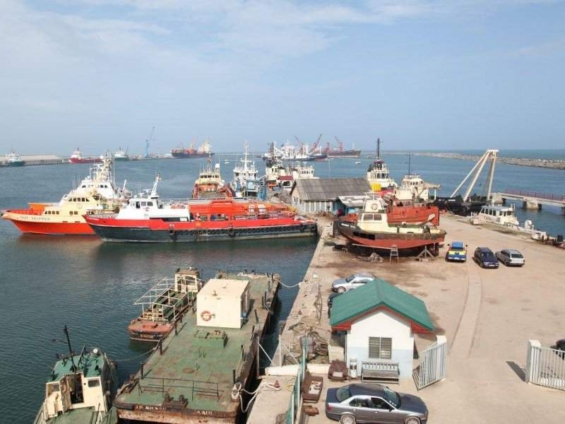The General Secretary of the General Agricultural Workers’ Union (GAWU), Edward Kareweh says the benchmark value policy was not a well thought through policy.
This, he says, is because it failed to achieve what it ought to have achieved and looking forward; it might never achieve the purpose for which it was introduced.
“Because so long as demand at that time remained the same, the mere fact that you reduce the duty on import did not necessarily mean that prices will fall in the market,” he said on JoyNews’ PM Express during panel discussion on the impact of the reversal of the benchmark policy on some 43 import goods.
According to him, it was rather expected that the importers would take advantage of the benchmark policy to cash in at the expense of the government’s expectation of domestic prices of goods decreasing.
“Because the importers are rational beings, and once they are rational beings, you don’t expect them not to cash in on the demand at the time and then the low cost to maximize profit. So in that form, some of us it was not a well thought through policy because the objective it ought to achieve, from the onset one could see that it was not achievable,” he said.
He noted that with its subsequent reversal, “of course there are implications for it, and what are those implications? The implications are that prices of imports will go up and when they go up, the general agricultural system is also part of the economy and, therefore, it will indeed affect agricultural production.”
Meanwhile, the AGI has welcomed the reversal stating that the policy measure was anti-industrialisation and impeded the realisation of the government's industrialisation drive.
Also speaking on JoyNews’ PM Express show, Dr. Ayim-Darke stated that the benchmark value policy does not align with the economic policies of government.
He said, “The benchmark policy was a misalignment onto the economic model that the government had promised and had articulated in various platforms including the famous one district one factory and other related industrialisation models. Our position is the benchmark policy is dislocating the economic model. That is item number one. Our position has never been the case that the policy is a revenue generation policy.”
Latest Stories
-
IGP reconstitutes police management board
28 seconds -
Chiefs’ authority can end illegal mining – Dr Steve Manteaw
2 minutes -
It’s not just reshaping industries, AI is shaping our everyday lives. Adapt quickly.
11 minutes -
2025 Budget Inspires Hope – says ISSER as it hails reset agenda but warns of implementation challenges
18 minutes -
Mahnny recounts motor accident, pleads with government to fix faulty traffic lights
28 minutes -
Inflation, Agriculture, and Industrial Growth prospects take centre stage in Budget Review at ISSER
39 minutes -
Ahmed Suale murder suspect admits taking photos but denies selling to Kennedy Agyapong – Prosecution
42 minutes -
World Cup 2026Q: Chad game is a must-win – John Paintsil
52 minutes -
Edem Goget’em releases ‘Higher’ featuring KiDi
57 minutes -
A Sick Hospital: The struggle to provide healthcare at Tafo Hospital
1 hour -
‘They’ve gone to Jubilee House to look for jobs’- Afenyo-Markin jabs NDC MPs over absenteeism
1 hour -
Free SHS was used for propaganda – Education Committee Vice Chair
1 hour -
Parliament’s Agric committee Chair defends GH¢1.5bn budget allocation
1 hour -
NADMO supports Labone SHS after fire incident
1 hour -
Government reclaims seven out of nine forest reserves from illegal miners
2 hours

